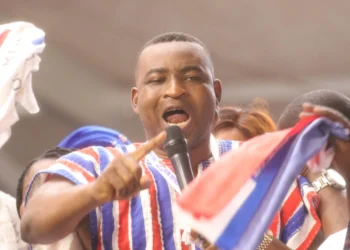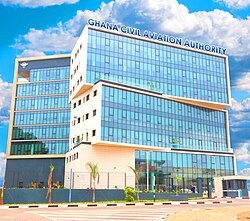Judicial independence stands at the center of Richard Dela Sky’s warning over what he describes as a looming unconstitutional action by President John Dramani Mahama to suspend the Chief Justice under Article 146(10)(a) of the 1992 Constitution.
The legal practitioner and media personality emphasized that such a move would threaten the integrity of Ghana’s constitutional framework and weaken the pillars of democratic governance.
Dela Sky, citing “disturbing indications,” suggested that the President may be considering invoking his constitutional powers to suspend the Chief Justice without observing due process, possibly as early as today.
While clarifying that he cannot independently verify the reports, Sky stated that “the very possibility compels me to emphasize the paramount importance of upholding the rule of law in its purest form.”
He further explained that although Article 146(10)(a) explicitly allows for such a suspension, it requires much more.
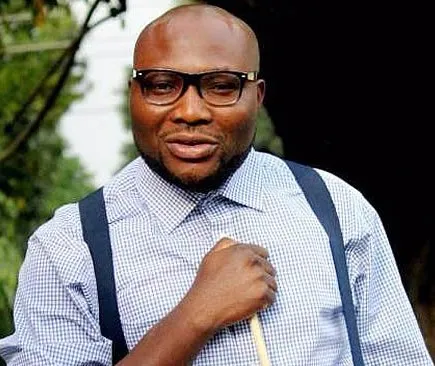
“This potential action demands rigorous constitutional examination, as it touches upon fundamental questions of judicial independence and the delicate balance of constitutional powers our democracy relies upon.”
Richard Dela Sky
Calls For Urgent Constitutional Reform
Additionally, Dela Sky offered a thorough interpretation of the constitutional provision.
He explained that Article 146(10) empowers the President to suspend the Chief Justice by a signed warrant, acting on the advice of the Council of State, once a petition has been referred to a committee under this article.
Yet, according to him, implementation must be contextualized within the broader framework of the Constitution and should not be separated from provisions like Article 296, which governs the exercise of discretionary powers.
He emphasized three critical factors that make the current scenario problematic: the ongoing constitutional litigation challenging the process against the Chief Justice, the separation of powers doctrine, and the procedural demands under Article 296.
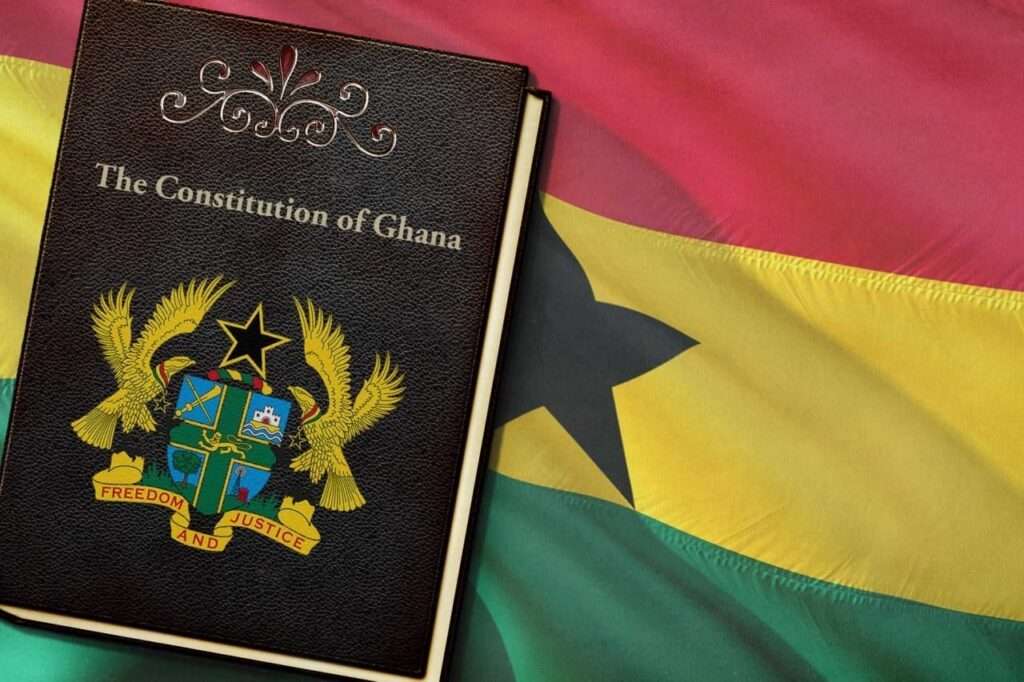
“Any suspension of the Chief Justice during pending constitutional litigation concerning the very process would: Constitute a grave constitutional impropriety; Undermine public confidence in judicial independence; and Risk creating a perception of executive overreach into judicial affairs.”
Richard Dela Sky
He reminded the public of the foundational principles laid out in the Supreme Court’s decision in Tuffuor v. Attorney-General, emphasizing the President’s duty to uphold the Constitution’s delicate institutional balance.
Analyzing Article 296, Sky highlighted that those entrusted with discretionary powers are constitutionally required to act fairly and transparently, without arbitrariness, bias, or caprice.
He further noted that Article 296(c) mandates the publication of constitutional or statutory instruments to guide how such discretion is exercised by non-judicial actors—an important step he believes has been overlooked in the present case.
“It is my humble submission that suspension of the Chief Justice, as provided for under the Constitution, is quintessentially a discretionary power. I admit that, as is the case with many legal opinions, a contrary view is arguable.”
Richard Dela Sky
Stronger Safeguards Urged for Judicial Independence
Building on this reasoning, Richard Dela Sky argued that neither the President nor the Council of State qualifies as a judge or judicial officer under the Constitution.
He added that, to date, no constitutional or statutory instrument has been issued by the President to regulate the exercise of this power, as required by Article 296(c).
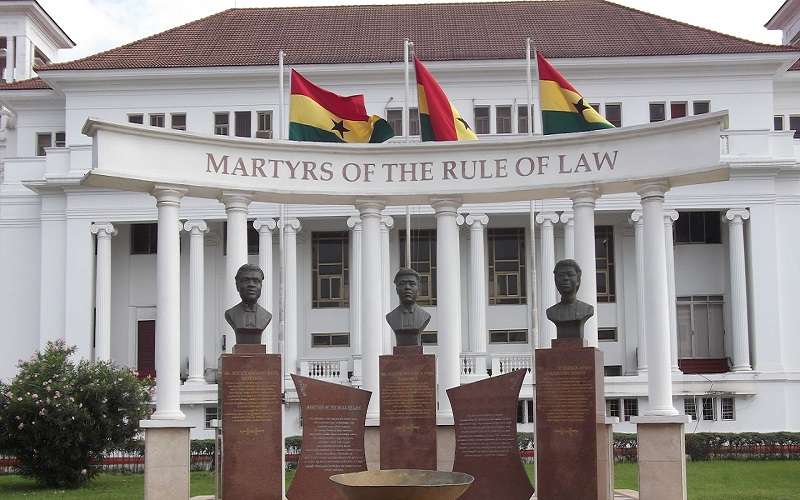
Sky argued that any action taken without such regulation would violate due process and the Constitution itself.
He also questioned whether past Presidents complied with Article 296, concluding, “I doubt.”
In a powerful call to action, he declared that the “current constitutional framework for removing superior court judges is fundamentally flawed.”
Under the current system, a mere petition—regardless of merit—can trigger a removal process that lacks adequate protections for judicial independence.
He compared this with the more rigorous standards set for removing other high officials, such as the President or the Speaker of Parliament.
For example, Article 69(11) requires a two-thirds majority of all MPs to remove a President, while Article 95(2)(d) demands an even higher three-quarters majority for removing the Speaker.
“Yet for the Chief Justice and Superior Court Justices, the process requires only a committee investigation establishing misconduct or incompetence, followed by a presidential removal. This disparity is indefensible in a constitutional democracy that prizes the separation of powers.”
Richard Dela Sky
Sky referenced international best practices, highlighting how countries like the United States, India, and Nigeria have strong legislative safeguards to protect judicial leadership.
He suggested that Ghana’s Constitution should be amended to require a three-quarters majority in Parliament to approve the removal of the Chief Justice or any Superior Court Justice.

According to him, such a reform would align Ghana with global standards, ensure consistency with procedures for other constitutional officeholders, strengthen democratic oversight of executive power, and most importantly, reinforce judicial independence against political influence.
Sky concluded with a warning and a plea: the President must refrain from any action until the Supreme Court rules on the ongoing constitutional challenge and the appropriate regulations are established.
“Where the President fails in his constitutional duty to uphold these safeguards, it then falls to the Judiciary—as the ultimate guardian of our constitutional order—to rise to its solemn responsibility.”
Richard Dela Sky
He emphasized that the 1992 Constitution was deliberately crafted to maintain a careful balance of power, especially during moments of constitutional uncertainty.
Both historical precedent and legal interpretation, he argued, show that when one branch of government falters, it is the judiciary’s responsibility to uphold stability.
This commitment is not just expected of the courts—it is essential to preserving Ghana’s constitutional democracy.
READ ALSO: Government Accused of “Potentially” Harming Economy with New Mining Policies


